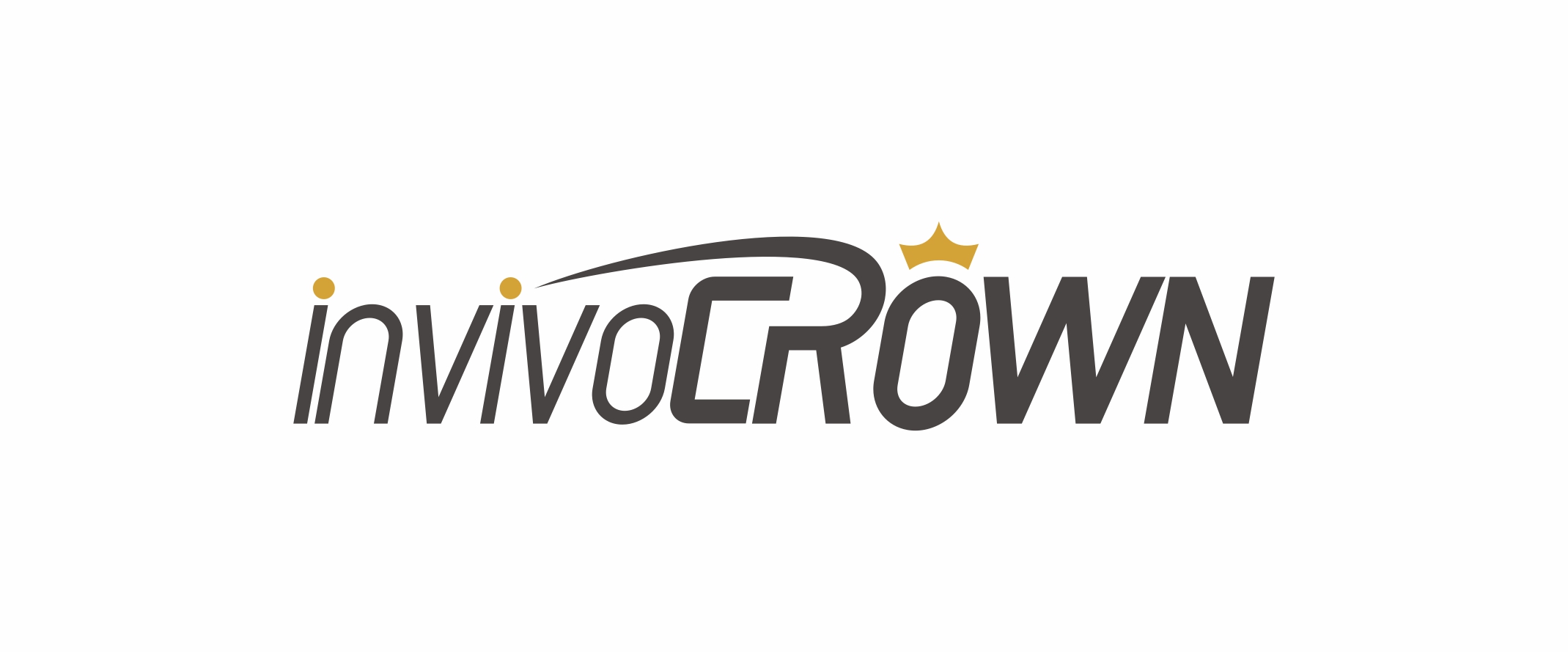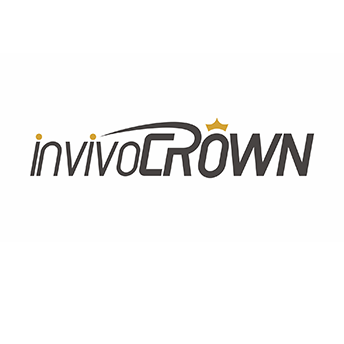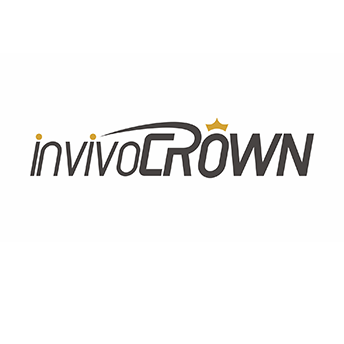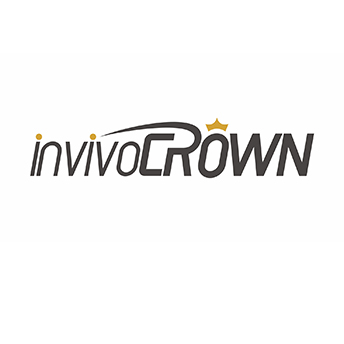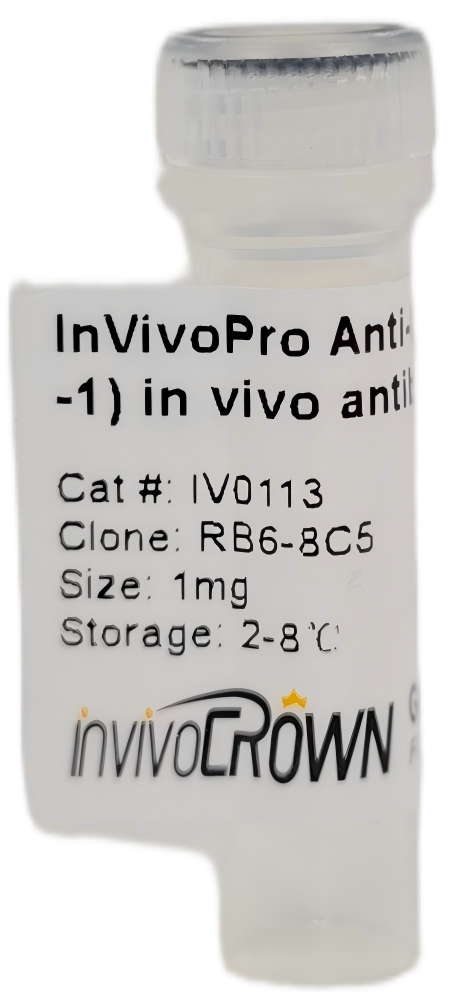| Catalog |
IV0118 |
| Product Name |
InVivoPro Anti-Mouse IFNγ in vivo antibody, Clone XMG1.2 |
| Size |
1mg/5mg/25mg/50mg/100mg |
| Isotype |
Rat IgG1 κ |
| Clone |
XMG1.2 |
| Target |
IFNγ |
| Other Names |
Interferon gamma, Ifng |
| Isotype Control Catalog Code |
Rat IgG1 Isotype Control |
| Dilution Buffer |
PBS, pH 7.2, contains no stabilizers or preservatives |
| Reactivity |
Mouse |
| Host Species |
Rat |
| How much antibody to use in vivo |
200 μg per mouse; or 10 mg/kg. This range is based off the most recent publication data using the XMG1.2 clone in vivo. Each investigator should determine their own optimal working dilution for specific applications. |
| Background |
Interferon-gamma (IFN-γ) or type II interferon is a dimerized soluble cytokine that is the only member of the type II class of interferons. It is a cytokine critical for innate and adaptive immunity against viral and intracellular bacterial infections and for tumor control. IFNG is produced predominantly by natural killer (NK) and natural killer T (NKT) cells as part of the innate immune response, and by CD4 and CD8 cytotoxic T lymphocyte (CTL) effector T cells once antigen-specific immunity develops. IFNG has antiviral, immunoregulatory, and anti-tumour properties. |
| Applications |
In vivo IFNγ neutralization, Western blot, Enzyme-linked Immunosorbent Assay |
| Purification |
protein A or G |
| Storage |
This antibody is stable for at least 2 months when stored at 2-8°C. For long term storage, aliquot in working volumes without diluting and store at -20°C or -80°C. Avoid repeated freeze thaw cycles. |
| Shipping |
2-8°C with blue ice |
| Concentration |
Lot specific, generally ≥ 5.0 mg/ml |
| Shelf Life |
12 months from the date of receipt if stored as recommended |
| Formulation |
PBS Buffer, PH 7.2, with no carrier protein, or preservatives. |
| Sterility |
0.2 μM filtered |
| Endotoxin |
≤ 1.0 EU/mg, by the LAL method |
| Purity |
99% |

